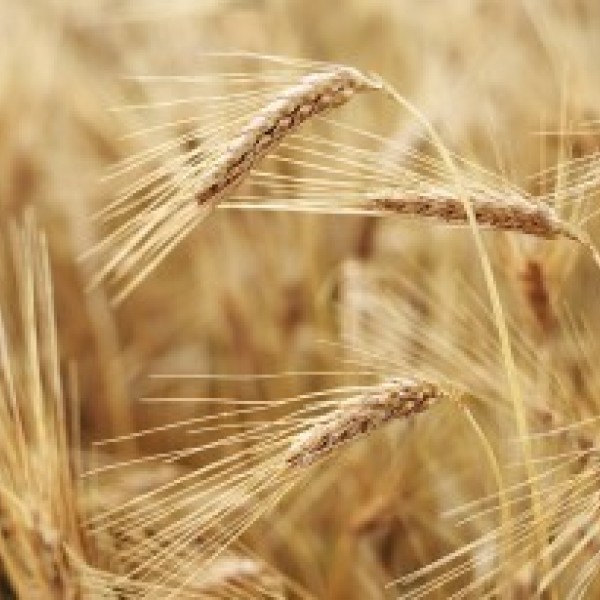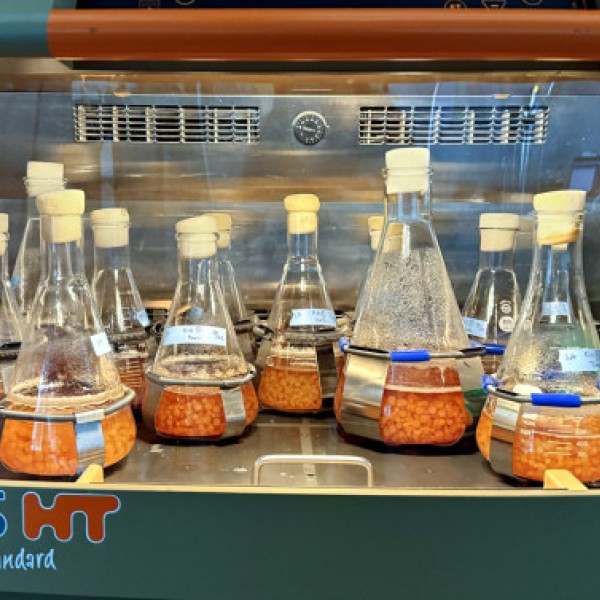Diane Bailey, the Geri Gay Professor of Communication, has begun a three-year term as director of the Cornell Institute for Digital Agriculture (CIDA). She plans to maintain current programming while improving outreach to the Global South, to minority-serving institutions in the U.S. and to faculty and students in a wider range of disciplines across the Ithaca and Cornell Tech campuses.
“The global food system faces a number of serious challenges that affect all of us; perhaps the most obvious is that production of the food that we eat contributes to, and at the same time is affected by, global climate change,” Bailey said. “Digital agriculture holds tremendous promise for solutions to these challenges.”
Bailey takes over for Susan McCouch, Ph.D. ’90, the Barbara McClintock Professor of Plant Breeding and Genetics in CALS, who stepped down as the inaugural director to lead CIDA’s new Center for Research on Programmable Plant Systems.
Founded in 2018 as a faculty-driven initiative, and recognized as part of Provost Michael Kotlikoff’s Radical Collaboration initiative in 2019, CIDA seeks to foster innovation and discovery across the life sciences, engineering, computing and social sciences to support sustainable agriculture and food systems. The institute hosts an annual hackathon that invites students from across the globe to address agricultural problems with digital tools, hosts monthly seminars and a yearly workshop to share research findings, and supports a research innovation fund that provides seed money for interdisciplinary groups of researchers to tackle key challenges.
“Don’t let the name ‘digital’ agriculture mislead you,” Bailey said. “Although these solutions absolutely rely on digital technologies and the data infrastructures and systems analytics associated with them, they also must incorporate understanding of the science behind plants, animals and the environment; the engineering of equipment and systems; and consideration of a host of related social, political, economic, labor, communication and organizational issues if they are going to be viable and sustainable. That is why CIDA seeks to draw in experts from across academic disciplines to tackle these multifaceted challenges.”
McCouch credited CIDA’s success in its first four years to the broad-based participation of faculty and administrators across the four colleges that support CIDA: the College of Agriculture and Life Sciences, the College of Engineering, the Ann S. Bowers College of Computing and Information Science and the College of Veterinary Medicine.
“I believe Diane will be a strong director. Her training in engineering, with research interests in digital technology, social organization, communication and digital agriculture, along with her energy and enthusiasm, will serve CIDA well,” McCouch said. “It has been a great pleasure serving as CIDA’s inaugural director, and I am excited for CIDA’s future.”
“I am honored to pick up the reins where Susan left off,” Bailey said. “Susan is a fantastic leader who, with a committed group of visionary academics, brought CIDA to life. Our new leadership team is perfectly positioned to expand CIDA’s vision because of their hard work.”
Krisy Gashler is a writer for the College of Agriculture and Life Sciences.





